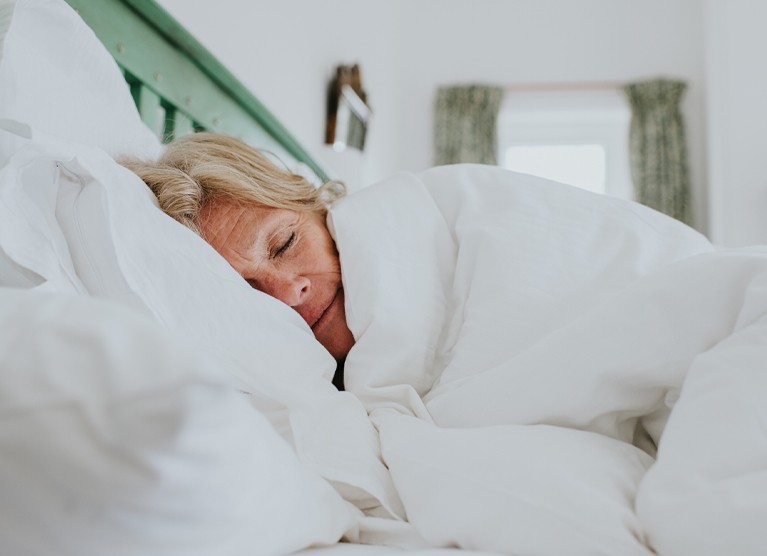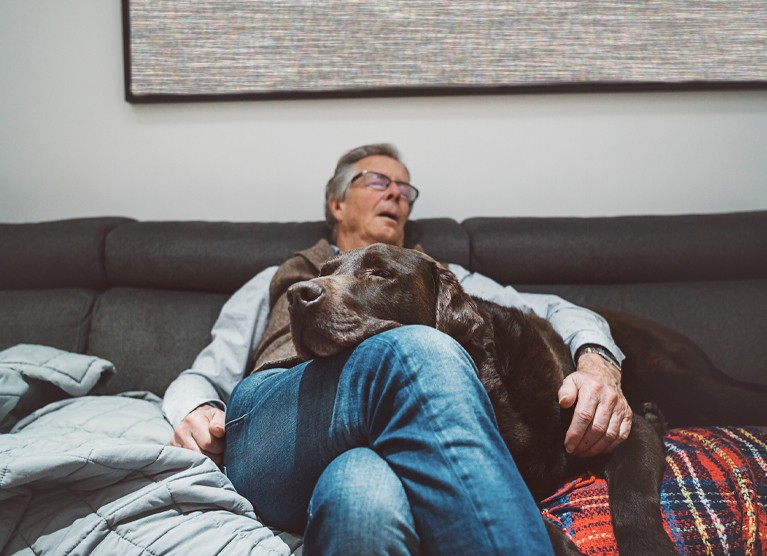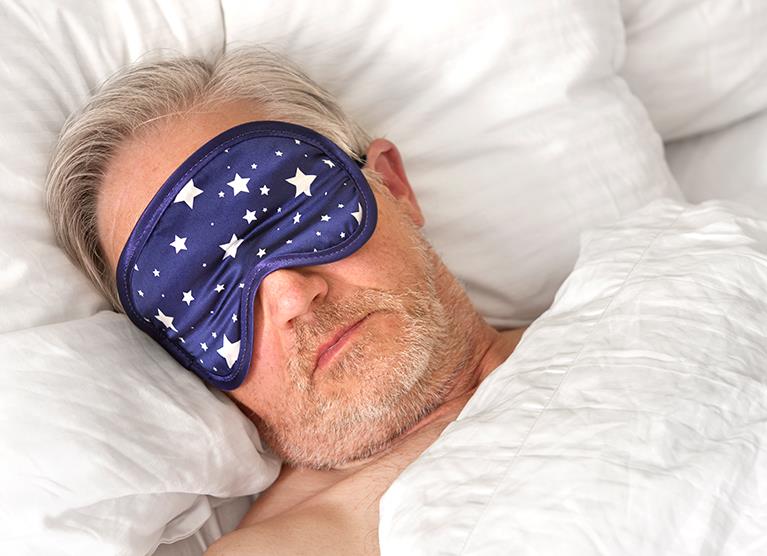Can You Sleep in Your Hearing Aids?
Here are some points to consider if you’re thinking about sleeping with your hearing aids.
While making the decision to buy and wear hearing aids provides many freedoms to you, sleeping in your hearing aids isn’t something you should regularly do. Of course, falling asleep while watching your favorite show can happen, and it probably won’t hurt you, but making it a routine isn’t advised.

Comfort
Sleep offers you a chance to rest and recharge, and being physically comfortable is a requirement for a good slumber. Hearing aids are made out of various materials, such as silicone, hard acrylic and even titanium, and sleeping with them in place, even for a short time, may not be pleasant. The material from your hearing aid could press into the skin of your ear and cause pain.
The skin around your ear also needs time to breathe and rest. Taking out your hearing aids at night allows for that and for any wax in the ear to gradually make its way out. You’ll benefit from taking out your hearing aids for sleep by waking up rested and ready to tackle another day.
Feedback
Depending on what position you sleep in, and what type of hearing aids you wear, feedback could be a major concern of sleeping in hearing aids. For example, if you wear a hearing aid that fits behind the ear, there are microphones for the hearing aid located there. Every time the microphone is covered by a pillow or blanket, or rubs against the mattress, there is a chance for feedback or whistling from the hearing aids to occur.
High-pitched whistling does not make for a very sound sleep for you, or the person who may be sleeping next to you. Remove your hearing aids before laying down for bed in order to ensure a quiet, restful sleep.
Damage
Hearing aids can be a large financial investment, and protecting the integrity of that investment is important. Your hearing aids need to be cleaned regularly so that they function at the highest level possible. Neglecting the care of your hearing aids may lead to them getting clogged with earwax, or not working properly because of excess moisture from never drying out. Sleeping in hearing aids may also result in you turning over and inadvertently crushing a hearing aid that’s fallen out, or knocking a hearing aid onto the floor to be stepped on.
Your best bet is to set up a nightly routine where you take out your hearing aids. If they are battery-operated hearing aids, open the battery door to prolong the life of the battery and keep them in a cool, dry place. If they are rechargeable battery hearing aids, get into the habit of plugging them into their charger when you plug in your phone for the night.

Sound Sleep
Hearing aids are small, but they are powerful. Sleeping with hearing aids in, especially if they are set to a higher setting, may mean waking up with every little noise. The dog barking across the street, the traffic driving by your house, and the TV in the other room, may all affect the way you sleep because your hearing aids will be picking up those sounds. This could make you a light sleeper and affect the amount of rest you get over time.
What If I Fall Asleep With My Hearing Aids In?
Accidents happen. If you accidentally get home from a long day and fall asleep as soon as you sit down, leaving your hearing aids in probably won’t be a problem. Leaving them in while sleeping only becomes an issue when you routinely forget to take them out.
Your hearing aids connect you to the world, so it’s important to take care of them. Taking them out to shower and sleep is imperative to them lasting and working correctly. Hearing aids need time to breathe, and so does the skin around your ears, which is why it is important to remember to take them out when you go to sleep.
Get in touch with your local Beltone office today to schedule an appointment to discuss your hearing aid maintenance.

Take Online Hearing Test
Take our free at-home hearing loss test as a first step on your journey to better hearing.


